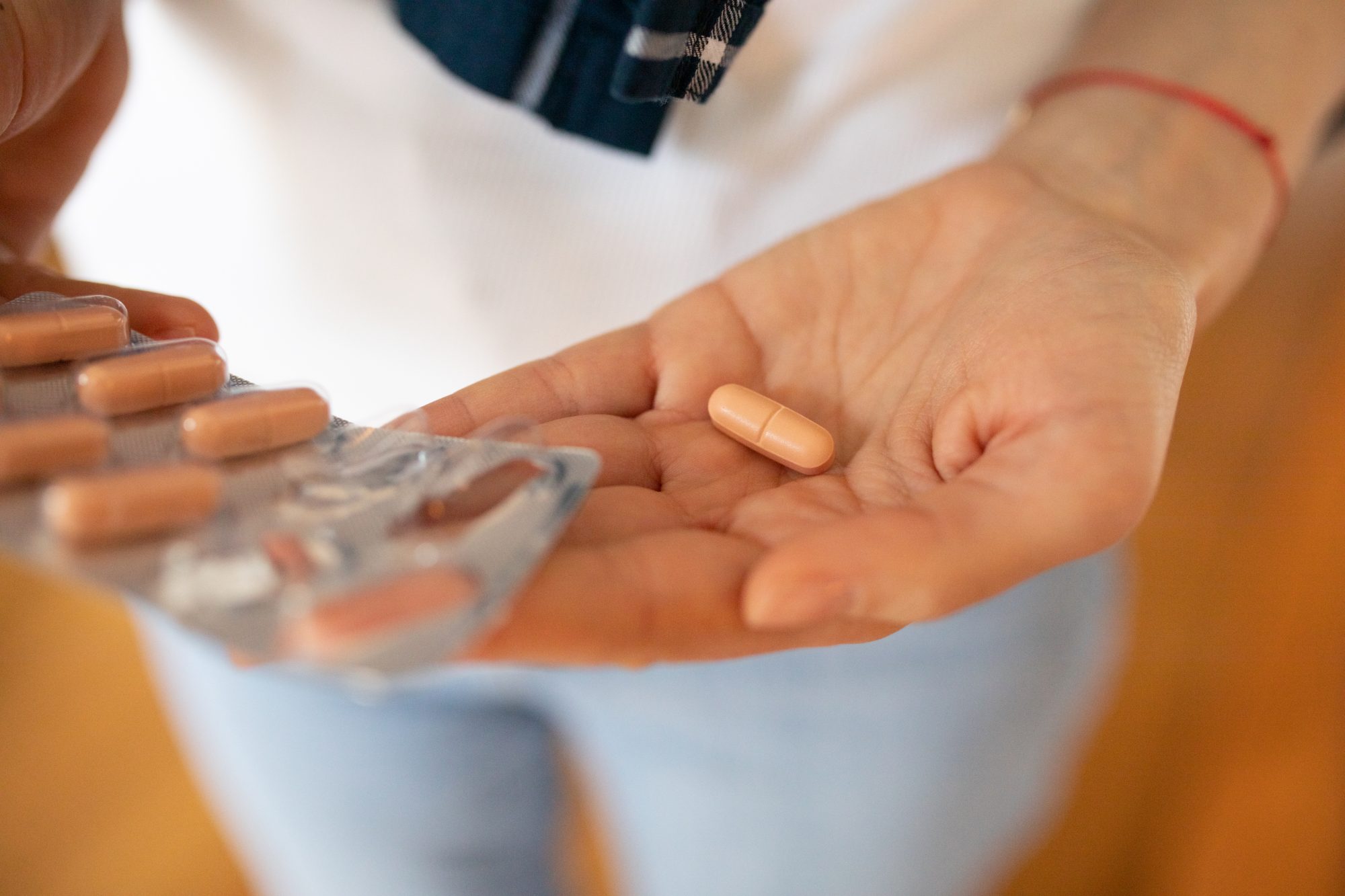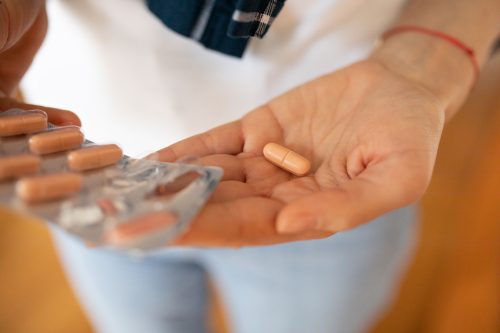
When you take a medication, whether it’s prescribed or over-the-counter, you trust it to improve your health, not harm it. Sadly, drugs meant to alleviate symptoms or cure illnesses can sometimes lead to dangerous side effects and unexpected injuries. If this has happened to you or someone you love, you might be left feeling lost and uncertain about your rights and how to handle the situation.
At Long & Long, Attorneys at Law, we understand how distressing a drug injury can be. We believe in the power of knowledge and want to help you understand your options after a pharmaceutical drug injury in Mobile. Our goal is to provide you with the essential information you need to make informed decisions about your next steps following a drug injury.
Get Your Free Case Review 24/7
Reporting a Dangerous Drug to the FDA
Your first option after experiencing a drug injury is to report it to the U.S. Food and Drug Administration (FDA). Regardless of what further steps you take, it is a good idea to go ahead and report your situation to the FDA. The FDA maintains a comprehensive database of adverse events and product problems, and reporting issues contributes vital information to this body of knowledge.
By reporting your experience, you’re not just voicing your personal concern but also helping protect others who might encounter the same issue. With your input, the FDA can identify and investigate safety issues more effectively, potentially leading to recalls or additional warnings for dangerous drugs.
To report a dangerous drug, use the FDA’s MedWatch Voluntary Reporting Form.
The Option to File a Lawsuit
After being injured by a dangerous pharmaceutical, another option is to file a lawsuit. This legal action can serve as a means to seek justice and potentially receive compensation for your injuries and losses. However, it’s important to understand that this option is time-sensitive due to the statute of limitations.
In an Alabama drug injury case, the statute of limitations typically provides a 2-year window in which you can file a lawsuit. This period starts from the date you first became aware (or should have become aware) of the connection between your illness or injury and the pharmaceutical in question. It’s a complicated matter because you may not immediately realize this connection. Once you do, take immediate action to preserve your rights.
Your options in a drug injury lawsuit will depend on several factors, including who is responsible for your injury and the specific nature of your claim.
Recognizing the Parties Involved in a Pharmaceutical Drug Injury Case
When preparing a lawsuit, identifying all potential defendants is important. These could include various entities involved in the creation and distribution of the drug:
- Drug Manufacturers: Often the primary defendants in drug injury cases, they may be liable if their drug caused harm due to faulty design, production errors, or insufficient warnings about potential side effects.
- Drug Distributors: These entities are responsible for getting the drug from manufacturers to pharmacies. If a drug was damaged or tampered with during this process, the distributor might be held liable.
- Pharmacies/Retailers: In some cases, the retailer that sold the drug could be held accountable, particularly if they dispensed the wrong medication or failed to provide necessary information to consumers.
Exploring Different Types of Drug Injury Lawsuits
Drug injury lawsuits typically fall under three categories:
- Design Defects: These lawsuits argue that the drug’s design is inherently dangerous. For example, a drug that causes harmful side effects even when used as directed could be considered defectively designed.
- Manufacturing Defects: These claims contend that a mistake occurred during the drug’s production, leading to a batch (or batches) of the drug being dangerous. An example could be a contaminant introduced during the manufacturing process that makes the drug harmful to consumers.
- Failure to Warn: These lawsuits assert that the risks associated with the drug were not adequately communicated to consumers and healthcare providers. For instance, if a drug manufacturer knew about a potential harmful side effect but did not disclose it, this could be the basis for a failure to warn lawsuit.
Understanding these categories can help you determine the most appropriate legal path to pursue in your case.
You Have the Right to an Attorney: You Don’t Have to Do This Alone
Finally, you should know that you have the option to consult an attorney after being harmed by a drug. The legal processes involved may seem like too much to keep up with on your own, especially when you’re also dealing with health issues and emotional distress. We don’t think that anyone should face this challenging situation alone.
A qualified attorney from our team of pharmaceutical drug injury attorneys in Mobile, AL, can provide invaluable assistance in multiple ways:
- Guide you through your options for recovering compensation after a drug injury (reimbursement for medical expenses, lost wages, and pain and suffering, among others)
- Assist in gathering necessary evidence for your case
- Help with filing a lawsuit within the required timeframe
- Represent your interests in negotiations or court proceedings
Not only can we help you understand the legal complexities involved, but we can also advocate for your rights and work tirelessly to ensure you receive the compensation you deserve.
Remember, you don’t have to face this journey alone. When you work with Long & Long, Attorneys at Law to explore your options after a pharmaceutical drug injury in Mobile, we are committed to supporting you every step of the way. We offer free legal advice to help you understand your situation better and make the best decisions for you and your family.







